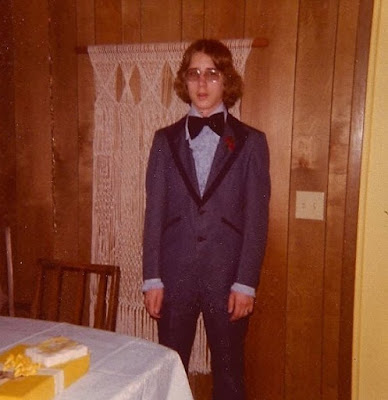I want to say first that I have very mixed and hard to pin down feelings about men joining the #metoo movement. Sexual harassment and assault obviously don’t happen exclusively to women. But there’s something in this moment that I think is about women’s experience, about revealing to us all a particular experience that women have in common, as a gender. So something rubs me the wrong way about so many men sharing their #metoo stories. Still, it’s complicated, and, like I said, I’m not at all confident about my feelings here.
But I want to write about homophobia and how I think there’s room for a great deal more subtlety and depth in examining how it is at work in the reactions to Anthony Rapp’s story and Kevin Spacey’s reaction to it. I am heartbroken for them both.
The thrust of the reaction in the LGBT media and community has been immediate condemnation along the lines of “We’ve been struggling forever to convince straight people that gay men are not child molesters, and you come along and tell them that in fact we are.”
But from where I sit, it looks like it is the LGBT community and media who are telling people that, not Spacey.
— Zachary Quinto (@ZacharyQuinto) October 30, 2017
Nope to Kevin Spacey's statement. Nope. There's no amount of drunk or closeted that excuses or explains away assaulting a 14-year-old child.
— Dan Savage (@fakedansavage) October 30, 2017
As recounted by Rapp, Spacey’s behavior that night was harassment, exploitation, and — depending on how you interpret the whole lying on top of him part of the story — possibly even assault. But Rapp was 14. He was not a child. Though this view is hardly universal, I personally think that an adult having sex with a 14-year-old, even with consent, is wrong for all kinds of reasons, but it is not pedophilia. If we don’t want straight people to think gay men are pedophiles, don’t say we are when we’re not.
On one level, this is an object lesson in the danger of respectability politics. It’s understandable how gun shy we are around the issue of children. When you’re called a child molester your whole life, you become incredibly self-conscious about it and you want to dig as wide a moat around it as you can to be sure you don’t get near it, you want to define it as broadly as possible to make sure you're the first and loudest to condemn it.
Of course, much of the LGBT community have resented Kevin Spacey for decades because he refused to publicly reveal his queerness, and, as so often happens when a closeted famous person is outed, the community is howling with gleeful derision. One thing, maybe the only thing, LGBT people share is the psychologically, emotionally, spiritually damaging experience of the closet. Yet there is so little empathy shown in these cases. I’ve always wondered about the causes of this ugly gay mob behavior: is it just that human trait of loving to see a successful person knocked off their pedestal?
I wish stories like these could be moments to teach straight people about how the closet distorts everything, for life. How shame corrodes our spirits. How scarred we are. Kevin Spacey is a man dealing badly, and very publicly, with the explosion of an aspect of his life that was out of control and which now seems to threaten every other part of his life. The closet is cancer. I feel deeply for him.
"I'm sorry, Mr. Spacey, but your application to join the gay community at this time has been denied."
— Dan Savage (@fakedansavage) October 30, 2017
If this is a community that doesn’t have room for the most damaged among us, then I’m ashamed of my community.






